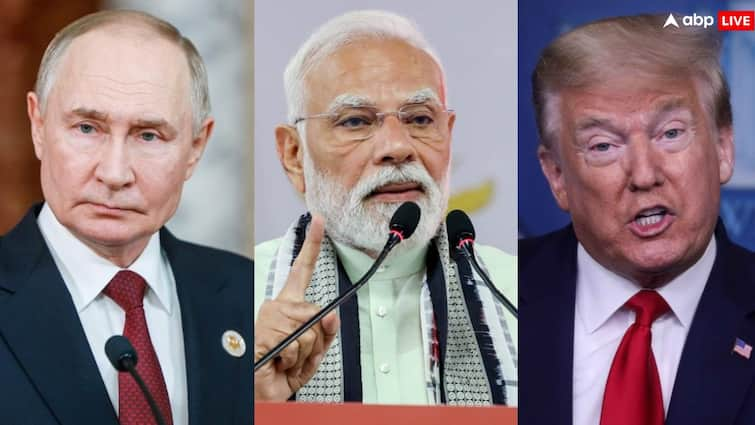US President Donald Trump has once again stirred diplomatic ripples by repeating his claim that India will “completely stop” purchasing oil from Russia, a statement that stands in sharp contrast to New Delhi’s continued insistence that its energy policy is guided solely by national interest.
Speaking to reporters aboard Air Force One on Saturday, Trump doubled down on his earlier assertions regarding India’s stance on Russian crude. “You probably saw today, China is cutting back very substantially on the purchase of Russian oil, and India is cutting back completely, and we’ve done sanctions,” he said, referencing the latest US sanctions on Russian energy giants Rosneft and Lukoil.
The comments came just before Trump’s scheduled meeting with Chinese President Xi Jinping in South Korea, part of a broader Asia tour marked by heightened tensions between Washington and Beijing over trade, technology, and access to critical resources.
When asked whether he would raise China’s oil trade with Russia during the meeting, Trump responded that he “may be discussing it,” adding that he hoped for a “complete deal” through the talks.
This latest remark is only the most recent in a string of similar claims made by Trump in recent weeks. Earlier, he had told reporters that India had assured him it would halt Russian oil imports by year’s end, though he conceded that such a shift would take time.
“India, as you know, has told me they are going to stop. It’s a process, you can’t just stop buying oil overnight. By the end of the year, they’ll be down to almost nothing, almost 40 percent of the oil,” Trump said at the time.
Reiterating the same point during a meeting at the White House with NATO Secretary General Mark Rutte, he added, “India, as you know, told me they would stop. It is a process; you can’t just stop it. But by the end of the year, they will be down to almost nothing. That’s a big thing.”
However, Indian officials have consistently pushed back against these assertions, maintaining that New Delhi’s energy decisions are made independently and are designed to safeguard national interests. India has repeatedly stressed that its crude oil imports are based on market dynamics, affordability, and the need to ensure stable prices and reliable energy supplies, not external pressure.



